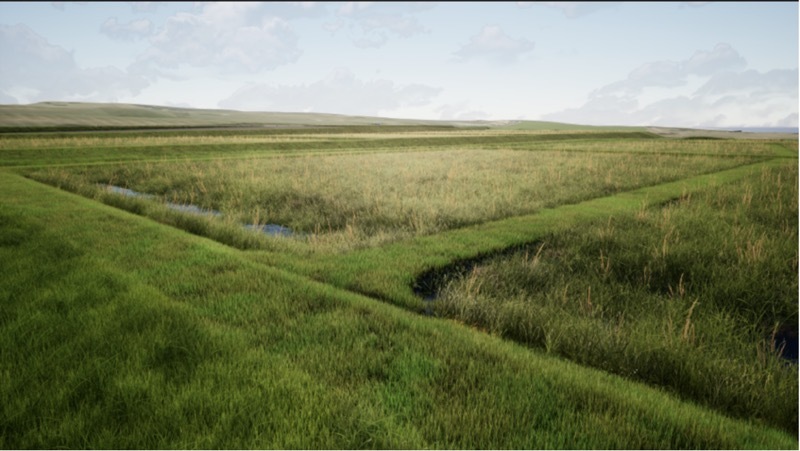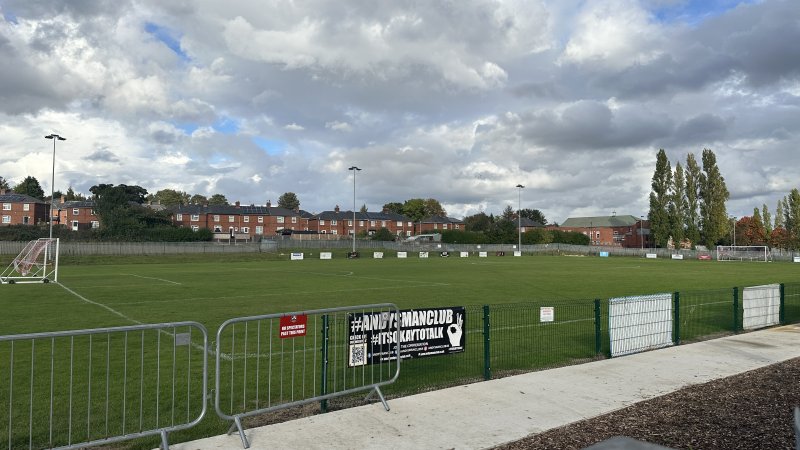WATER quality on Barnsley’s stretches of the River Dearne will be radically improved thanks to two multi-million pound schemes which will see a new wetland created.
Yorkshire Water’s overall investment totalling £18.9m is split over two projects, one of which will see the installation of a £14m nature-based ‘wetland solution’.
It will provide a natural, sustainable and low-carbon way to treat waste and storm water before returning it to the environment near High Hoyland.
The second project will reduce the amount of phosphorous in the wastewater returned to the Dearne post-treatment.
Plans show the wetland will contain 13 interconnected ponds over 4.3 hectares the qequivalent of about seven football pitches and will provide additional treatment to the final effluent and a proportion of storm overflow discharges, totalling a combined flow of 350 litres per second.
Over 300,000 plants will treat the wastewater as it travels through the wetland, taking in and breaking down pollutants.
Once complete, the wetland will improve the water quality of 4.1km of the river downstream of the works, all of which flows through Barnsley.
Ben Gouldsborough, project manager for the new wetland, said: “It’s important to us and to our customers that we protect the local environment and nature-based wetland solutions are a sustainable and low-carbon way to treat wastewater ultimately improving the water quality in Yorkshire’s rivers.”
The phosphorous reduction project includes the installation of new chemical dosing equipment, as part of Yorkshire Water’s commitment to the Water Industry National Environment Programme (WINEP).
Phosphorus is a normal part of domestic sewage, entering the sewer system via domestic showers and washing machines due to products such as shampoo and liquid detergent.
It can also wash off from agricultural fields after the use of fertilisers and be dissolved from soil which can be difficult to control.
When complete, the phosphorous reduction scheme will improve the water quality of over 3.7km of the watercourse downstream of the treatment works.
This contributes to a total of approximately 56km of river improved across the River Dearne’s wider catchment through other Phosphorous reduction schemes.
Both schemes are expected to be complete in summer 2025.
Lucie Arger, who will oversee the phosphorous reduction scheme, added: “While a small amount of phosphorus is harmless and an essential part of many ecosystems, it can become damaging to human and animal life when unmanaged.
“Reducing the amount of it in our treated wastewater is a key element of the wider project.”



























